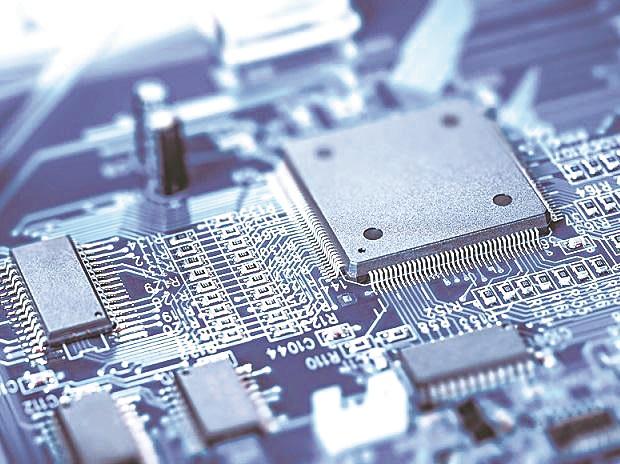The Senate overwhelmingly approved a bill that aims to boost US semiconductor production and the development of artificial intelligence

The Senate overwhelmingly approved a bill Tuesday that aims to boost US semiconductor production and the development of artificial intelligence and other technology in the face of growing international competition, most notably from China.
The 68-32 vote for the bill demonstrates how confronting China economically is an issue that unites both parties in Congress. That's a rarity in an era of division as pressure grows on Democrats to change Senate rules to push past Republican opposition and gridlock. The centerpiece of the bill is a USD 50 billion emergency allotment to the Commerce Department to stand up for semiconductor development and manufacturing through research and incentive programs previously authorized by Congress. The bill's overall cost would increase spending by about USD 250 billion with most of the spending occurring in the first five years.
Supporters described it as the biggest investment in scientific research that the country has seen in decades. It comes as the nation's share of semiconductor manufacturing globally has steadily eroded from 37 per cent in 1990 to about 12 per cent now, and as a chip shortage has exposed vulnerabilities in the US supply chain.
The premise is simple, if we want American workers and American companies to keep leading the world, the federal government must invest in science, basic research and innovation, just as we did decades after the Second World War, said Senate Majority Leader Chuck Schumer, D-N.Y.
Whoever wins the race to the technologies of the future is going to be the global economic leader with profound consequences for foreign policy and national security as well.
Senate Minority Leader Mitch McConnell, R-Ky., said the bill was incomplete because it did not incorporate more Republican-sponsored amendments. He nonetheless supported it.
No comments:
Post a Comment